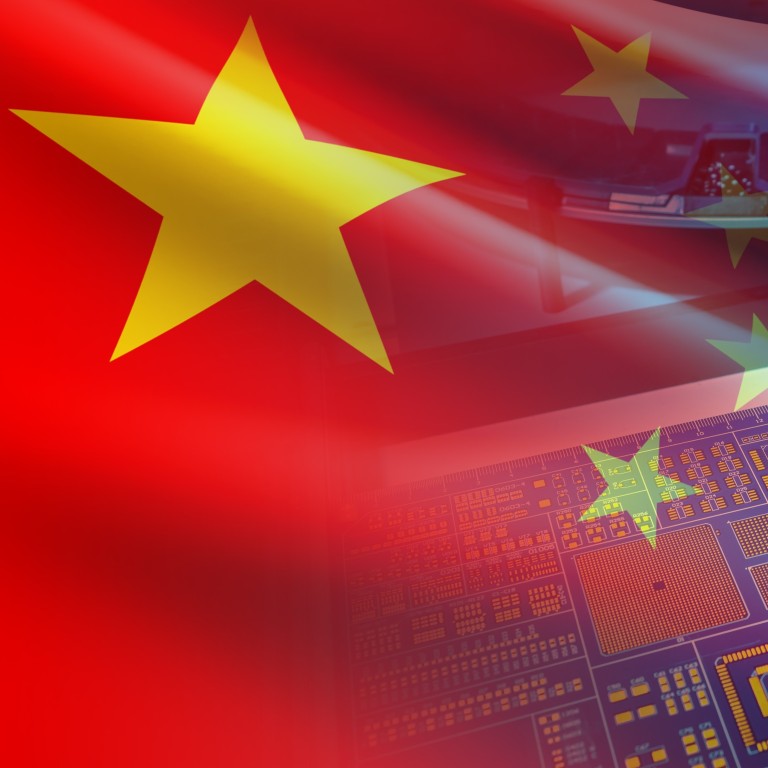
US chip packaging firm Amkor closes its Shanghai plant for a week amid global market downturn
- Amkor currently operates a factory employing about 5,300 people in Shanghai’s Waigaoqiao Free Trade Zone
- The move comes after global semiconductor sales declined 14.7 per cent year on year to US$130.2 billion in the fourth quarter
Amkor Technology, the world’s second-largest semiconductor packaging and test services provider, plans to close its Shanghai plant for a week in a fresh sign of a market downturn.
The Nasdaq-listed company has told employees at its production unit to take leave from February 27 to March 6, and office staff will also have leave from February 27 to March 3, according to an internal notice issued by the company.
The decision was made to reduce costs as the company has been “affected by the overall semiconductor environment and does not have sufficient orders”, according to the notice.
Amkor said in a statement early Saturday that it has no plans to relocate its facilities in China, nor cut its workforce.
Amkor currently operates a factory covering an area of 170,000 square meters and employs about 5,300 people in Shanghai’s Waigaoqiao Free Trade Zone.
Headquartered in Arizona, Amkor focuses on designing and developing a number of package formats and technologies and testing services, which require the company to stay close to clients.
Its Shanghai factory is one of 20 production facilities and research centres in eight countries, including mainland China, Japan, Taiwan, the Philippines, Malaysia and Portugal. The company was listed on Nasdaq in 1998.
Top Chinese memory chip maker YMTC to cut workers after US sanctions, sources say
Amkor entered China in 2001 and established its first factory in Shanghai, where China’s leading chip manufacturers such as Semiconductor Manufacturing International Corp (SMIC) and Hua Hong Semiconductor are also headquartered.
Global semiconductor sales declined 14.7 per cent year on year to US$130.2 billion in the fourth quarter, while global sales in December 2022 were US$43.4 billion, a decrease of 4.4 per cent against November, according to the latest report by the Semiconductor Industry Association.
While China remains the largest single market and accounted for nearly one-third of total global sales, its sales fell 6.3 per cent year on year to US$180.3 billion in 2022, hit by the country’s zero-Covid approach and US export restrictions.
Amkor reported “record financial results” in the third quarter, with a 24 per cent year on year increase in revenue to US$2.1 billion, according to a company statement last October.
Amkor’s CEO Giel Rutten said in the statement that the company will continue its efforts in advanced packaging and “support the industry megatrends of 5G, IoT, automotive, and high-performance computing [HPC]”, despite macroeconomic uncertainty.
Last year, the company started construction of another site in Waigaoqiao, with a total investment of 640 million yuan (US$94 million) and an area of 57,000 square meters. The new plant, due to go into operation in the second half this year, will employ more than 500 people, according to the Waigaoqiao Free Trade Zone.
Meanwhile, the company is also expanding its capacity in Vietnam as the country has emerged as an alternative production base to China for global semiconductor makers.
In 2021 the company set out plans to build a smart factory with a total floor area of 230,000 square meters in Bac Ninh to “expand advanced packaging technology capacity”. The first phase of the factory, costing between US$200 million and US$250 million, is expected to begin mass manufacturing by the second half this year.

